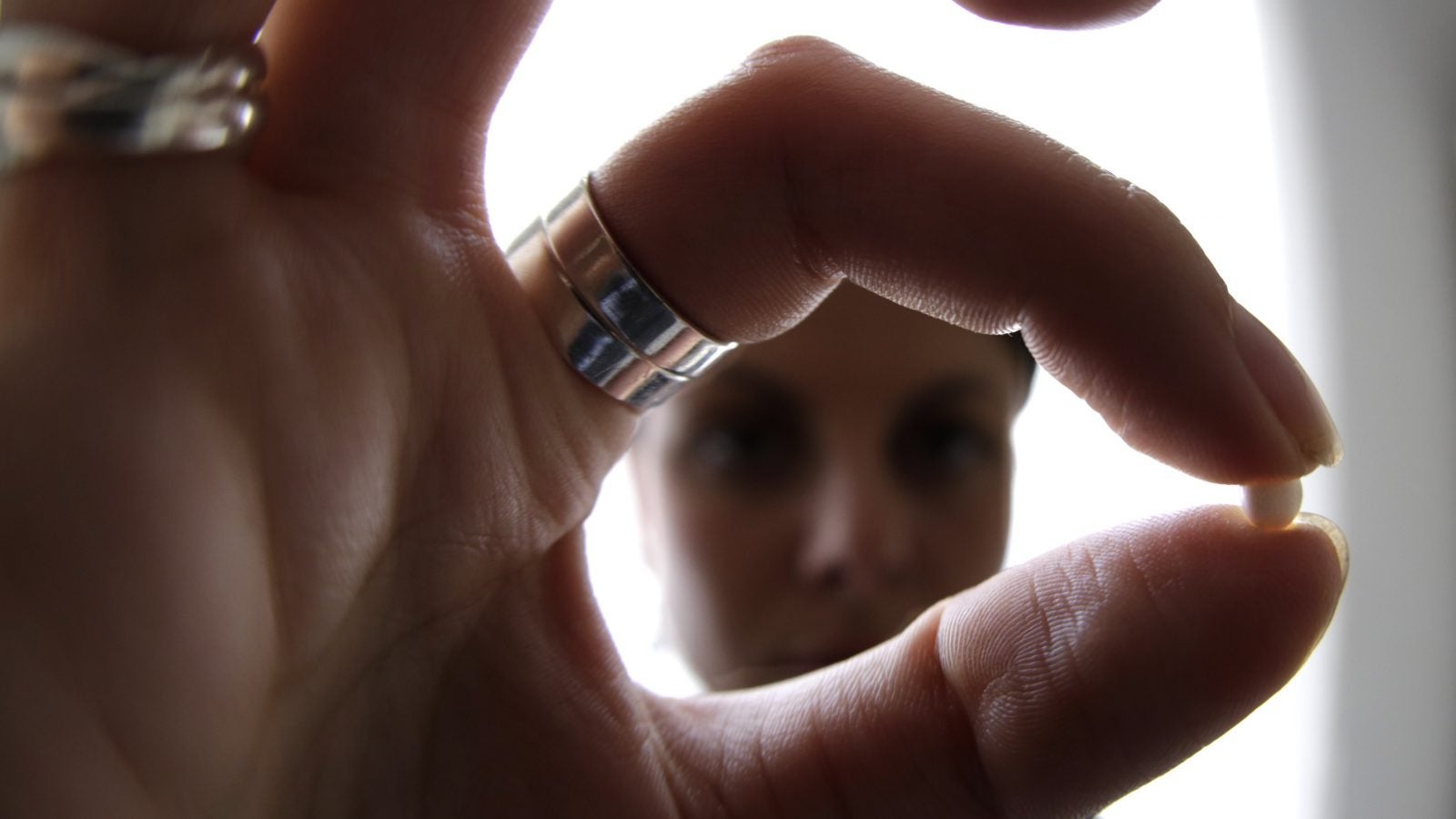A massive new study says the contraceptive pill is linked to depression—and teens are most at risk
Imagine you take a pill every day. Five days in a week, you wake up sad. Where’s the feeling from? Since your life isn’t perfect, there are plenty of things to settle on. Maybe it’s the pill. Maybe it’s not.


Imagine you take a pill every day. Five days in a week, you wake up sad. Where’s the feeling from? Since your life isn’t perfect, there are plenty of things to settle on. Maybe it’s the pill. Maybe it’s not.
After weeks of intermittent worry and dips into misery, you make your way back to the doctor, the one who prescribed you the pill in the first place. The answer: Who knows? Some people report such issues, but it’s different for everyone. See how you feel in six months.
Mental health is tricky to measure, but many women and girls report worrying, destabilizing experiences like this. Adding to their frustration is the uncertainty about whether the problem, which can become extreme enough to be classified as depression, is caused by the powerful hormones in birth control pills. A new, huge study into hormonal contraceptive use by women in Denmark has come back with an answer: Quite possibly, yes.
The study’s hard-to-debunk findings show that both pills and longer-acting hormonal birth-control are associated with higher rates of depression. The study looked at data from over a million women during a 19-year period, comparing the rates at which those who used hormonal contraceptives—pills, but also other methods including hormonal implants—were diagnosed with depression or began taking antidepressants.
The results are stark, and most dramatic for teenagers. Women between the ages of 15 and 19 who took oral contraceptives were 80% more likely to end up depressed (the study counted people who had started taking anti-depressants, or been diagnosed with depression by a doctor). Those who took a progestin-only form of contraception, which contains one hormone instead of two, were more than twice as likely to be depressed.
Results for older women—the study’s mean age was 24.4—were less extreme but also significant. Those taking oral contraceptives were 23% more likely to be diagnosed with depression, and those using progestin-only pills 34% more likely to. And these are just measures of people who actually sought medical help for the symptoms they experienced.
Contraception is a great thing for women’s health generally because of the massive benefits of being able to control when and with whom to have children, and how many to have. But that doesn’t change the fact that women’s contraceptive choices are heavily laden with problems.
The question now, writes Holly Grigg-Spall, who has long campaigned for better awareness about the effects of the pill, is whether any study “will ever be good enough for the medical community to take women’s experiences seriously.” She’s afraid it won’t.
There’s a need for more research, but not to clinch the question of whether or not hormonal contraceptives hurt women’s mental health, she argues. That’s already been settled, and doctors should take note. (Long-acting forms of contraceptive like the coil were also studied in Denmark, and found to have an even higher correlation with depression than oral medication.) Rather, there should be greater exploration of the even darker side effects, like suicide. And of alternative forms of birth control, including those that put the onus on men.